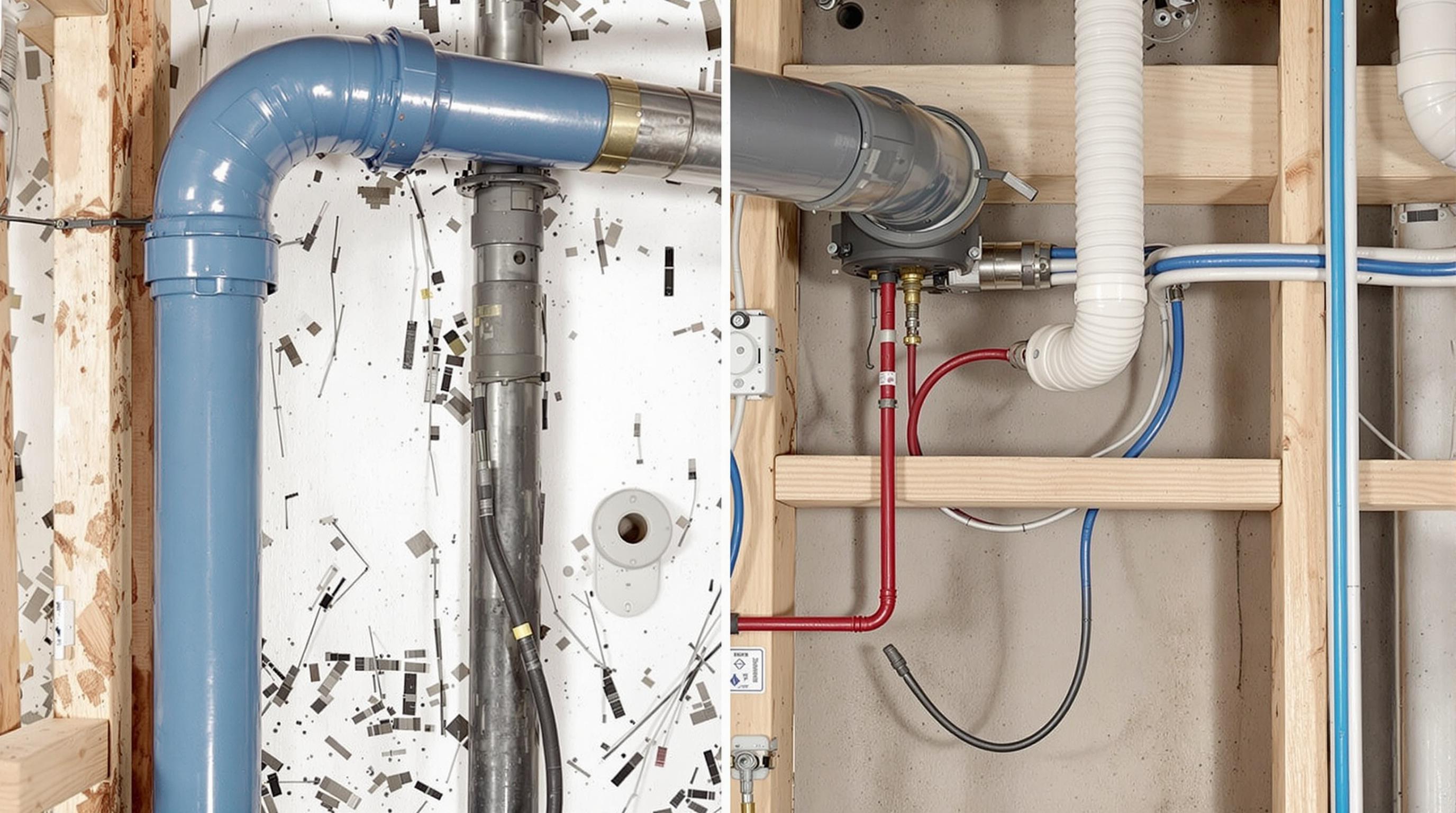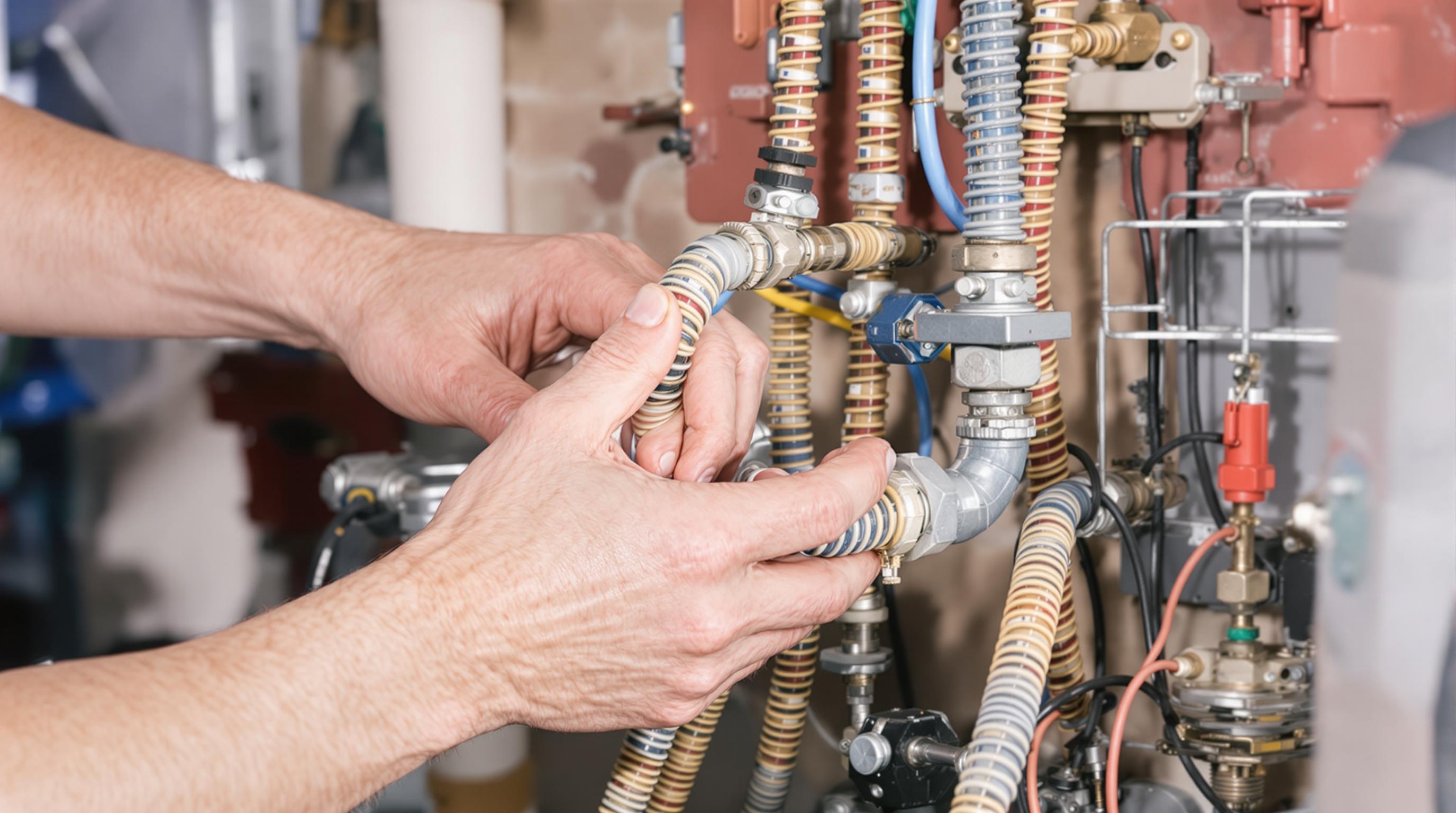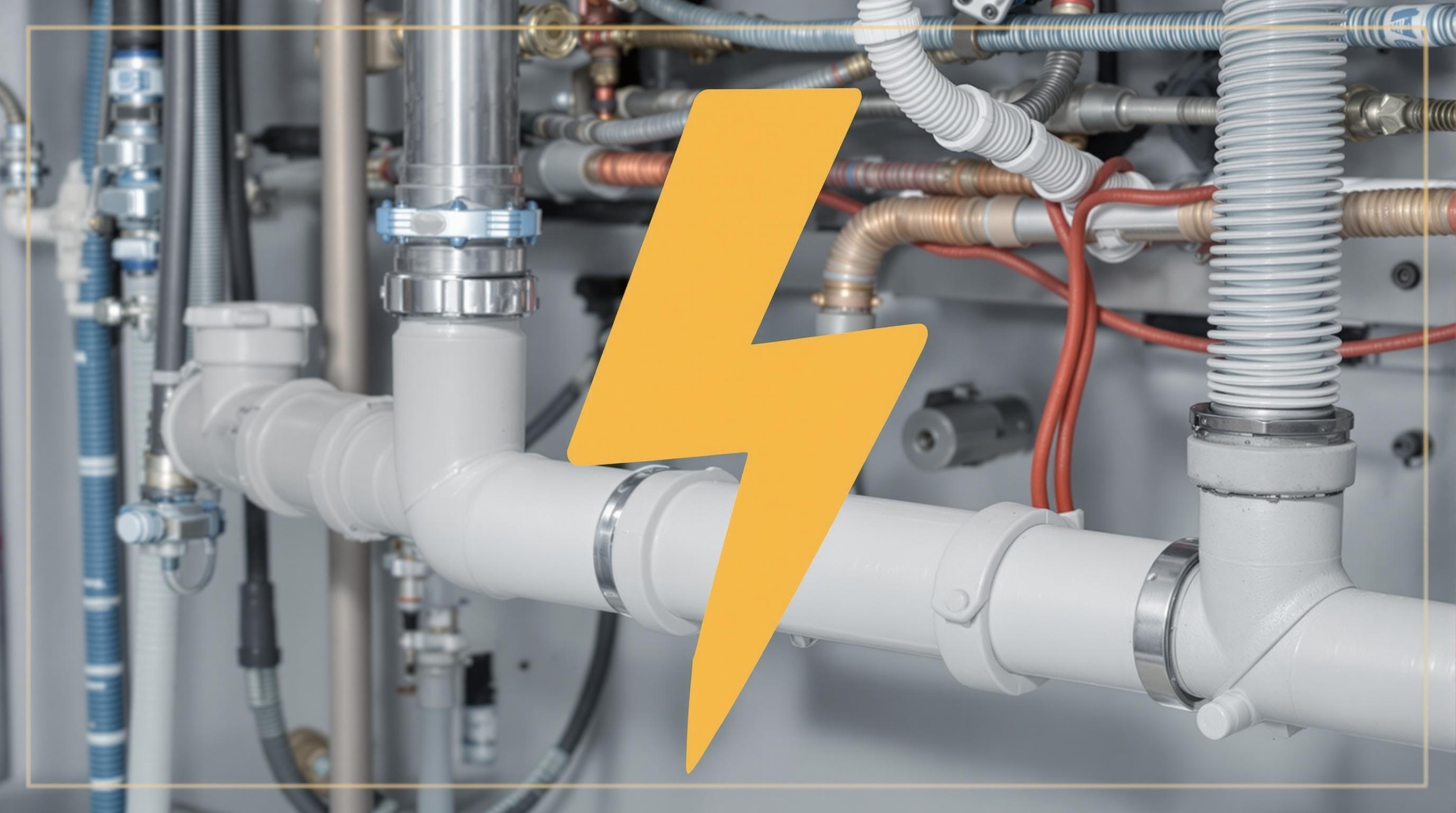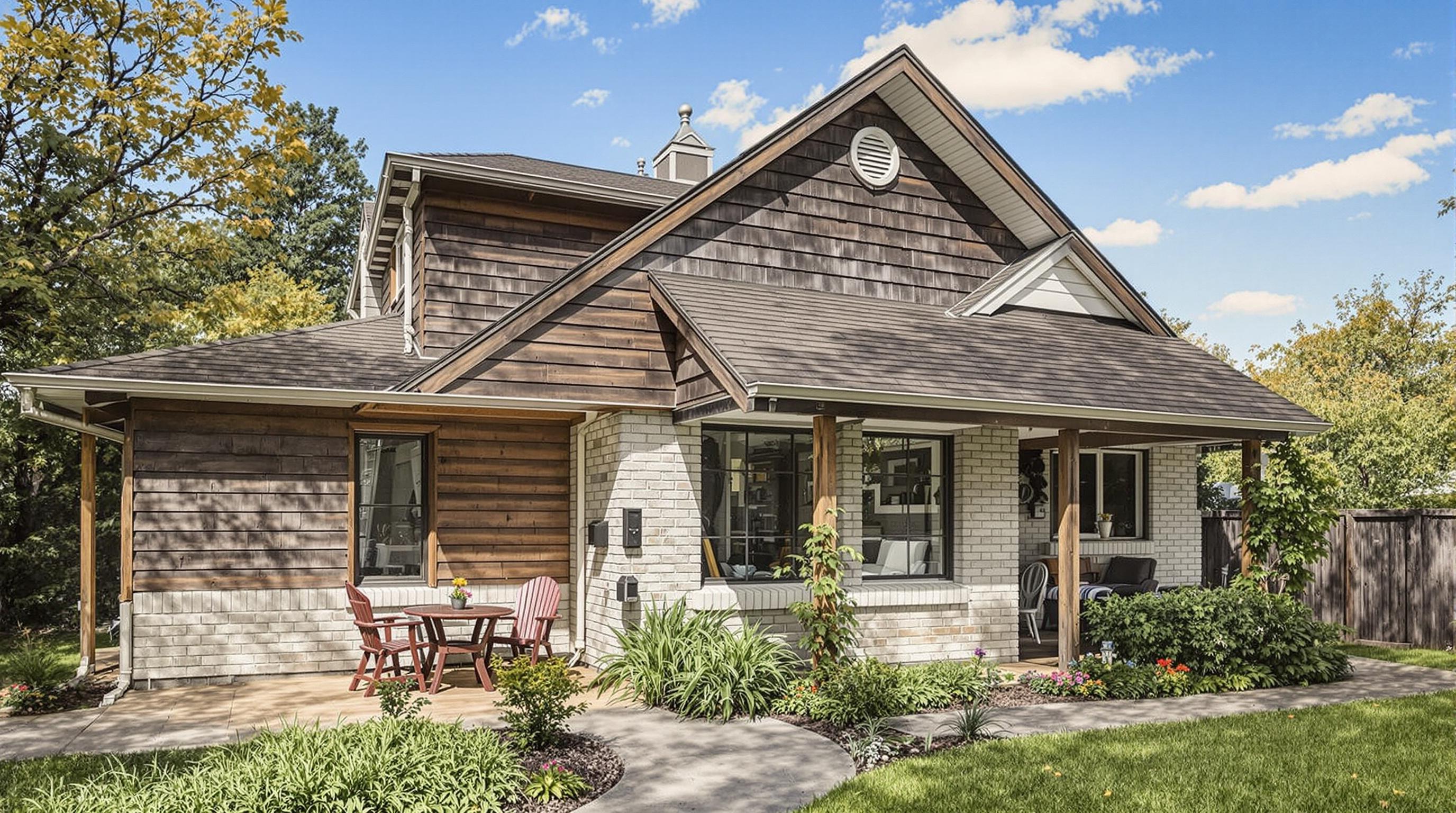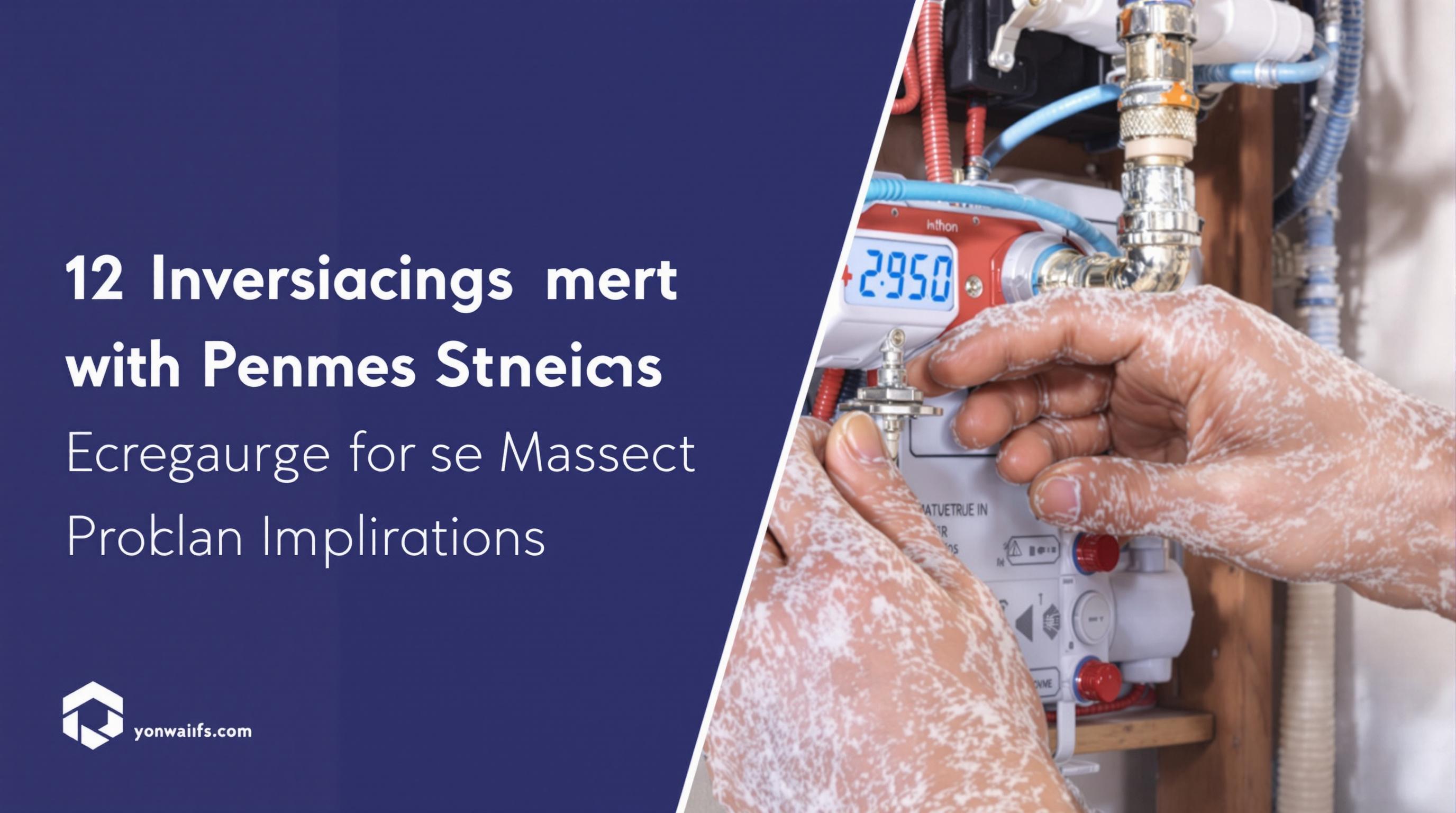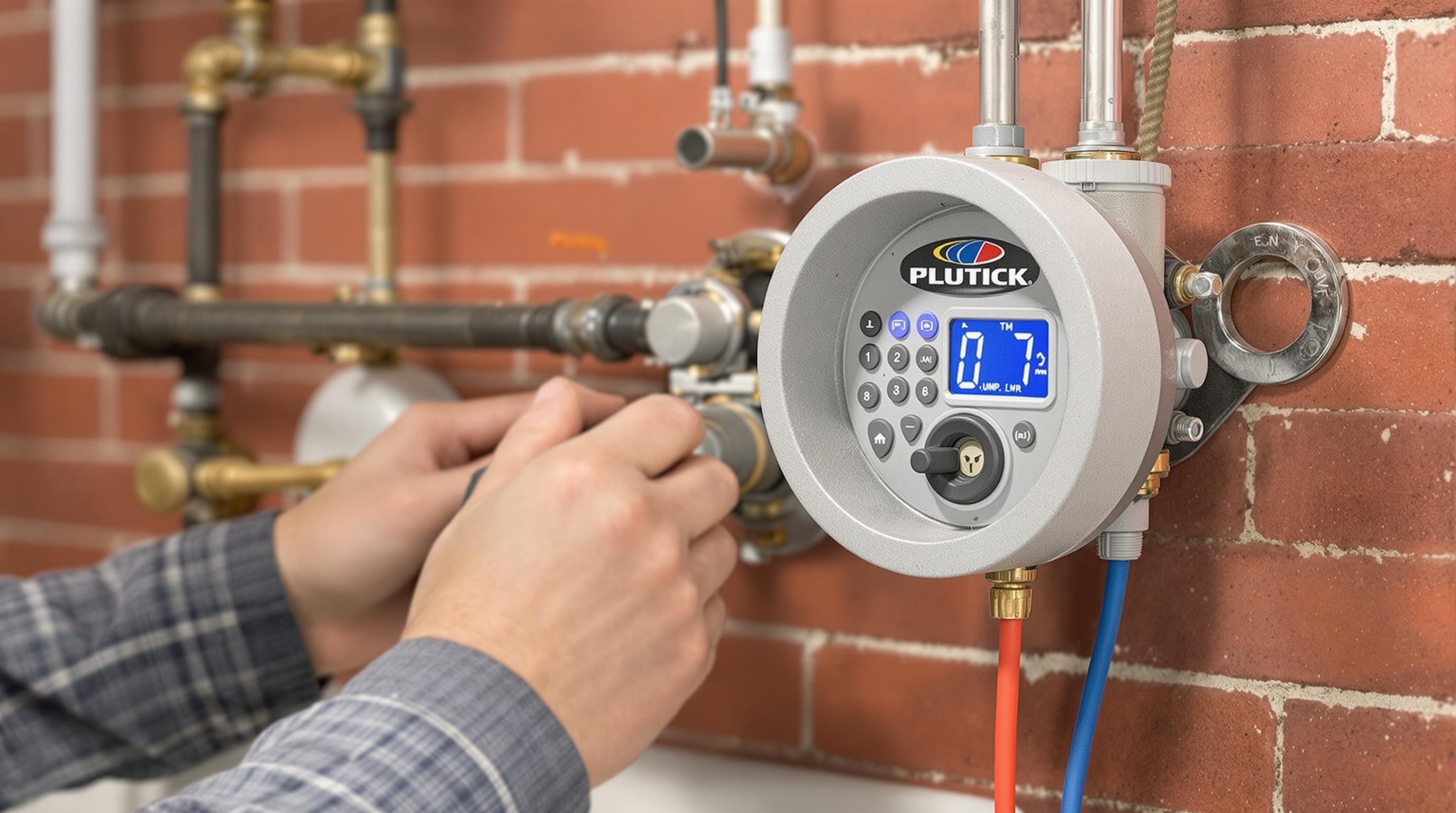Related Articles
- The Hidden Influence of Ergonomics: How Tool Design Shapes Our Physical Spaces and Daily Lives
- The Silent Influence: How Hidden Home Implements Shape Our Daily Routines and Spaces
- The Counterintuitive Role of Chaos: How Messy Tool Storage Can Lead to Unexpected Home Innovations
- Exploring the Unseen: How Audio Experiences Shape the Art of Domestic Spaces and Color Perception
- Rethinking the Mundane: How Everyday Objects are Becoming the Canvas for Modern Artistic Expression in Home Spaces
- Cultivating Chaos: The Surprising Benefits of Embracing Weeds in Your Garden Ecosystem
12 Unexpected Interactions Between Plumbing and Electrical Systems That Could Affect Your Home’s Structural Integrity
12 Unexpected Interactions Between Plumbing and Electrical Systems That Could Affect Your Home’s Structural Integrity
12 Unexpected Interactions Between Plumbing and Electrical Systems That Could Affect Your Home’s Structural Integrity
1. Water Damage and Electrical Short Circuits
One of the most common interactions between plumbing and electrical systems occurs when leaks from water pipes create moisture. Excess water can lead to significant electrical issues, including short circuits. These shorts may result in circuit failures, which not only disrupt power but can also cause fires if they go unchecked.
Moreover, moisture can corrode electrical wiring and connections. This degradation increases the risk of electrical failure and may even expose live wires, presenting a severe safety hazard for the home's occupants. Regular maintenance checks of plumbing systems are essential to mitigate these risks.
Preventative measures include using moisture barriers and ensuring caulking around plumbing fixtures is intact to minimize water intrusion around electrical outlets and wiring. In instances of significant leaks, both plumbing and electrical professionals should assess the damage promptly.
2. Grounding Issues
Plumbing systems often serve as grounding systems for electrical systems. Metal pipes can provide an essential grounding path for electrical systems to prevent the risk of surges or stray voltages. However, if these pipes become compromised or corroded, they can lose their grounding capabilities.
Faulty grounding could lead to inconsistent electrical supply and create dangerous shock hazards. Therefore, ensuring that plumbing systems remain functional is integral to maintaining electrical safety in the home. Additionally, local building codes often require that both electrical wiring and plumbing systems be up to date, considering their interdependence.
Regular inspections not only of plumbing but also of connected grounding systems can prevent potential mishaps. Homeowners should ensure that connections between plumbing and electrical systems adhere to city codes to avoid structural concerns.
3. Overloaded Circuits and Water Heaters
Electric water heaters can strain electrical circuits if not correctly sized and installed. If the plumbing has leaks, the water heater may constantly run, overheating its electrical circuit, which may lead to failures or fires. Homeowners must ensure that the electrical system can support the load from high-demand appliances.
In addition, if your home has insufficient wiring, it can heat up due to high load conditions, resulting in more significant risks. Homeowners should consult qualified electricians when upgrading appliances to ensure the existing electrical systems can handle the additional load, especially in homes with older wiring.
It's often beneficial to consider energy-efficient water heaters that minimize the load on electrical circuits and the potential for overloading. Regular inspections of both plumbing and electrical systems can contribute to overall safety and functionality.
4. Condensation from HVAC Systems
HVAC systems can create condensation if not appropriately maintained, leading to pooled water near electrical wiring or circuit breakers. These pooled droplets might leak and reach electrical systems, compounding the risk of electrical failures and potential fire hazards.
When HVAC systems run inefficiently, the increased humidity can also damage wooden structures and cause mold growth, affecting both the plumbing and electrical network. Such interactions may weaken the structural integrity of beams and other supportive elements.
To prevent these issues, regular maintenance and proactive inspections of HVAC units and their drainage systems should be prioritized. Proper insulation of ducts can also help reduce condensation, further protecting electrical components.
5. Pipe Freezing and Burst Pipes
In areas where freezing temperatures occur, inadequate insulation around plumbing pipes can result in freezing and bursting. A burst pipe can lead to significant flooding, which can interact dangerously with electrical systems.
When water from burst pipes reaches electrical systems, it can compromise electrical integrity and create serious hazards. This interaction can disrupt electrical systems, lead to short circuits, and even house fires in severe cases. Homeowners should ensure pipes are adequately insulated to prevent such occurrences.
Additionally, it's essential to be mindful of winterization practices and ensure that outdoor plumbing is properly drained to further diminish risks to both plumbing and electrical systems during colder months.
6. Trenching for Utilities
When homeowners make efforts to install or upgrade plumbing systems, they may require trenching, which can disturb electrical lines buried underground. Digging improperly can lead to accidental severing of electrical wires, disrupting power and potentially causing sparks.
Such interference not only destabilizes service to the home but can also result in dangerous accidents. It's crucial to ensure that professional services are consulted before beginning any excavation work, including installing or repairing plumbing systems.
Utility companies usually provide maps indicating the locations of underground utilities. Homeowners should always check this data prior to any digging to mitigate risks to both plumbing and electrical systems.
7. Corroded Plumbing and Electrical Wiring
Corrosion can be a significant issue with both plumbing pipes and electrical wiring. When pipes corrode, they can leak, affecting surrounding electrical fixtures and wiring. Over time, this interaction can lead to severe damage to both systems.
Corroded electrical systems result in inefficient operation, requiring some cables to carry a greater load, increasing the risk of overheating and failure. Homeowners should look out for signs of rust or dampness in areas where plumbing lines run close to electrical wiring.
Regular inspections can help identify corrosion risks early and heighten awareness of how these systems interact, ensuring safe and efficient operation. Replacing corroded components as part of a maintenance plan can help ensure both systems thrive.
8. Shared Walls in Multi-Unit Dwellings
In multi-unit buildings, plumbing and electrical systems often run through shared walls. Any issues in one unit's plumbing may impact the electrical system in another unit, leading to problems such as dimming lights or overloaded circuits.
This interaction highlights the importance of collaboration between units when addressing maintenance issues. Tenants and landlords should work together to ensure that both plumbing and electrical systems are in optimal condition, ensuring no negative interactions affect the entire structure.
Regular reviews of both plumbing and electrical infrastructure can help prevent potential hazards in a building shared by multiple families. A proactive approach can reinforce safety and functionality across all units.
9. Electrical Panels and Water Lines
In many homes, electrical panels are located near or in the same vicinity as water lines. A leak in nearby plumbing can significantly impact the functionality of the electrical panel, exposing it to moisture and causing significant damage.
If electrical panels or circuit breakers are compromised by water exposure, there exists an immense risk of circuit failure, fire, and electrocution. Regular checks for leaks around both systems can mitigate this risk significantly.
Homeowners should consider redirecting water lines away from electrical panels during renovations or installs to enhance safety. This mindful planning can help safeguard both electrical and plumbing systems long-term.
10. Improper Installation of Appliances
Finally, improper installation of appliances that rely on both water and electricity can lead to unexpected interactions that may damage both plumbing and electrical systems. For example, washing machines, dishwashers, and refrigerators often require careful consideration regarding both plumbing and electrical connections.
If appliance hoses or electrical connections are incorrectly installed, leaks or electrical failures can ensue, risking damage to both systems. Common issues include water spillage affecting electrical sockets or appliances failing due to power surges.
Ensuring that appliances are correctly installed by professionals is crucial. Homeowners should also familiarize themselves with appliance manuals, emphasizing necessary preventive measures to ensure both plumbing and electrical systems remain secure and undamaged during operation.
